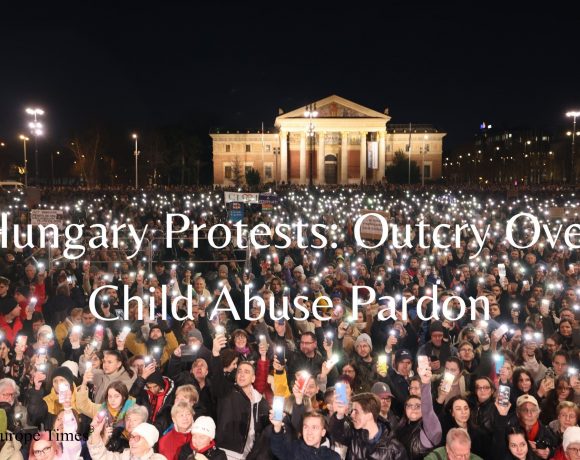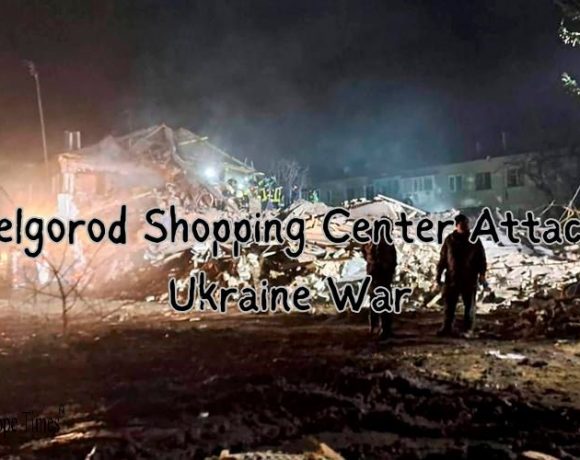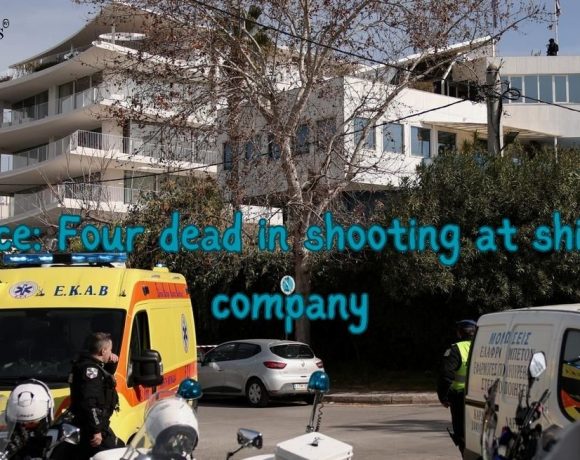
Thousands of people in Hungary have taken to the streets in response to a presidential pardon granted in a highly publicized child sexual abuse case. The protests, centered in Budapest’s historic Heroes’ Square, aimed to show support for abuse victims and denounce the controversial decision.
President Katalin Novak, along with two prominent figures from Prime Minister Viktor Orban’s ruling Fidesz party, resigned in the wake of the backlash over the pardon. Additionally, a bishop who had advised the prime minister also stepped down after admitting support for Novak’s decision.
The scandal surrounding the pardon has posed a significant challenge to Orban’s conservative leadership, marking one of the most serious threats to his rule since he took office in 2010.
The demonstrations, labeled “there are monsters out there,” drew large crowds to Heroes’ Square, with participants expressing outrage over the abuse case and demanding justice for victims.
Novak, who apologized for what she termed a “mistake” in granting the pardon, faced criticism after the names of 25 individuals she pardoned, including the deputy director of a children’s home convicted of covering up abuse, were disclosed by the media. The deputy director had coerced children into retracting allegations against the home’s director, who had been convicted of child abuse.
Notably, political parties were urged to abstain from participating in the protests, signaling a grassroots movement driven primarily by young Hungarians advocating for child welfare and social solidarity.
Orban’s government, known for prioritizing family values in its policies, faces scrutiny over its handling of the case. The prime minister is expected to address the nation’s concerns and outline the government’s next steps in an upcoming state of the nation address.
Picture Courtesy: Google/images are subject to copyright









